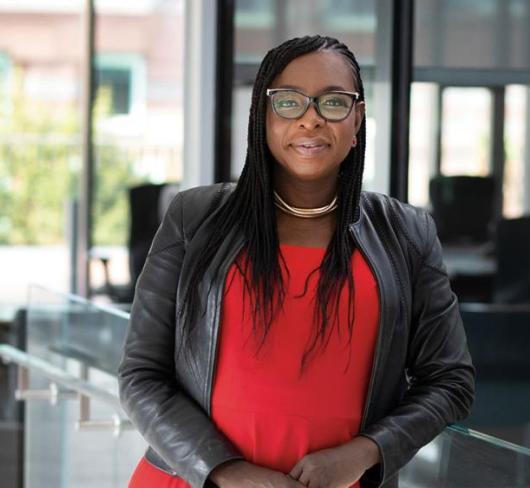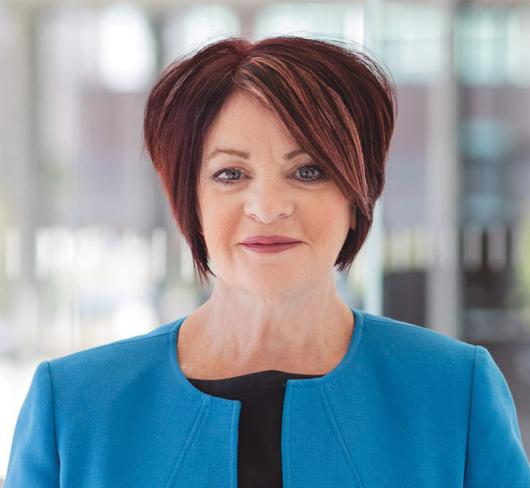Professional Learning Communities as Forums for Critical Conversations About Race (Equity and Women's Services)
“Teaching must be further professionalized and teachers must be at the forefront of those efforts. Professional learning communities provide the means through which teachers can be enabled and emboldened to develop individually as professionals, and collectively as a profession.”1
Approaches to social justice and equity work
The approaches we use when we pursue social justice and equity work vary and are always evolving. Sometimes they require modifications or new directions. Readjusting our approaches begins with reflection, looking inward to recognize how our attitudes, beliefs, and values are linked to our choices and actions. Whether we choose to work alone or with colleagues, we aspire to build understandings that honour the theoretical, experiential, professional, and practical knowledge(s) necessary to engage in social justice and equity work both in and outside of the classroom.
Exploring issues of race
The next time you read a newspaper or watch a televised newscast you will probably be confronted with issues relating to race or racism. For instance, the public has expressed a variety of opinions about the Toronto District School Board’s decision to create an Afrocentric alternative school. Despite the pervasiveness of stories relating to race and racism in the media, these topics are sometimes avoided in our schools. As a union, we believe our members can benefit from programs that encourage discussion and professional learning opportunities related to issues of race.
Defining racism
Language and definitions are always evolving. In the 2006 Equity and Women’s Services report to the ETFO Annual Meeting racism is defined as a system in which one group of people exercises power over others on the basis of skin colour and racial heritage; a set of implicit or explicit beliefs, false assumptions and actions based upon an ideology of inherent superiority of one racial or ethnic group over another. Systemic racism is embedded within organizational and institutional structures and programs, as well as within individual thought or behaviour patterns.
Tina Lopes and Barb Thomas, authors of Dancing on Live Embers: Challenging Racism inOrganizations, outline three ways in which racism is manifested:
Individual racism: the beliefs, attitudes, and actions of individuals that support or perpetuate racism. Individual racism can be unconscious or conscious, active or passive. Institutional racism: the network of institutional structures, policies, and practices that create advantages for white people, and discrimination, oppression and disadvantage for racialized people.
Systemic racism: the conscious or unconscious policies, procedures, and practices that exclude, marginalize, and exploit racialized people. Systemic racism is supported by institutional power and by powerful (often unexamined) ideas that make racism look normal and justified. Systemic racism allows individuals to practise racism in organizations that do not have effective complaint procedures, performance appraisals, and promotion policies that require equity competencies.2
This year ETFO created two professional learning communities as part of its commitment to build members’ capacity for social justice and equity work in their classrooms, schools, and other contexts. In the first program, participants explored issues relating to identity, white privilege, pedagogy, and how these intersect and influence practice. In the second program, participants explored the experiences of immigrant educators and their impact on the development of equity-based curriculum. Each program took place over the course of six weeks. During that time members worked individually and collaboratively to build their knowledge and skills to better understand the complexities of working within and across differences.
Participants made a commitment to read, write, and engage in conversation through face- to-face meetings and teleconferencing. They also agreed to share aspects of their learning in various formats, such as writing reports, presenting to colleagues, or liaising with community groups. Facilitators Dr. Susan Tilley and Dr. Dolana Mogadime listened to the experiences of members and built the course around the issues they brought forward. Selected readings were then used to build knowledge and understanding around key issues. Journal entries were also used as a means to connect the life stories and experiences of participants to the issues.
ETFO members are committed to taking leadership roles in social justice and equity work. Here are comments from two participants in the professional learning communities:
“I had never been challenged to, and therefore never did think about, the privileges afforded mebecause I was white, or whether those privileges were available to everyone. I used to think, like themajority of white Canadians, that everyone in Canada has an equal chance at success if they workhard and get a good education. I now have the tools to question that attitude. As a woman I was awareof, and had experienced to varying degrees, discrimination based on my gender. But it was the learningprocess of this PLC that enabled me to see the same kind of thing happening to racial minorities, andthat I was a part of that problem[as a white woman] whether I was aware of it or not.”
—Karen Chow, Hastings & Prince Edward Occasional Teachers’ Local
“Reading the book Taking Back Control in which black teachers speak of their experiences, I foundmyself in 2008. Yes, we do see pictures representing diversity on various media but have we reallydone enough as an immigrant-based society to erase prejudice for good? There should be more ofthese forums for further thought-provoking dialogue and discussions between various stakeholdergroups so that there are some solutions to the myriad problems being faced by immigrant teachers.”
— Arifa Ghaffar, Kawartha Pine Ridge Occasional Teachers’ Local
Notes
1. M. Capers, “Epilogue: Teaching and Shared Professional Practice: A History of Resistance, A Future Dependent on Its Embrace,” in S. M. Hord (ed.), Learning Together, Leading Together: Changing Schools Through Professional Learning Communities. New York: Teachers’ College Press, 2004, p. 153.
2. T. Lopes and B. Thomas. Dancing on Live Embers: Challenging Racism in Organizations. Toronto: Between the Lines, 2006, p. 270.
3. J. Beecroft, C. Brown, M. Neigh, C. Pawis, S. Ramrattan Smith, and P. Wright, The Power of Story, Volume 1. Toronto: Elementary Teachers’ Federation of Ontario, 2002, p. 7

